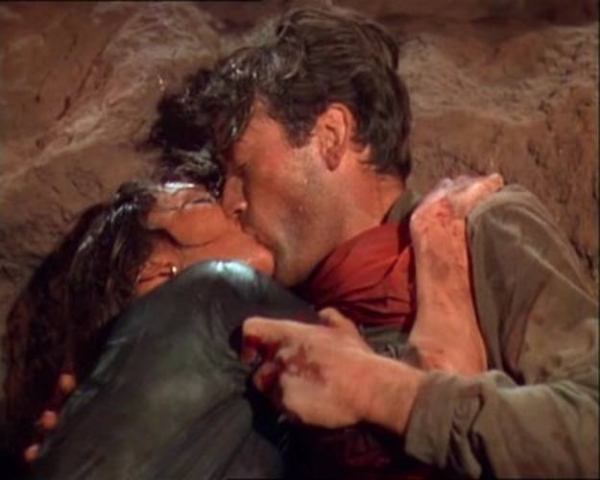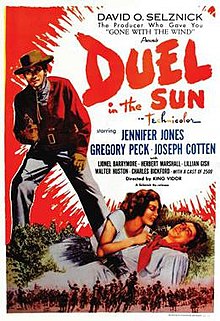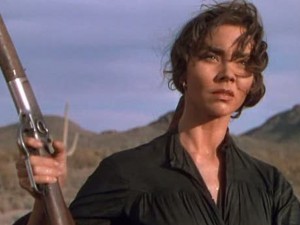Day 2 of Indie Memphis 2021 is a documentary delight. It begins at Playhouse on the Square at 6 p.m. with the Hometowner Feature A Ballet Season, directed by University of Memphis film professors David Goodman and Steven J. Ross. It’s a behind-the-scenes chronicle of the 2018-2019 Ballet Memphis season, which saw founder and longtime CEO Dorothy Gunther Pugh’s retirement. You can read more about A Ballet Season in this article that I wrote earlier this year.
A Ballet Season is paired with the short music documentary “Tin Sandwich Blues: A Musician’s Journey,” which was directed by Erik Jambor, who headed up Indie Memphis from 2008-2014 before moving on to a position at the BendFilm Festival in Bend, Oregon.

Across the street at Circuit Playhouse is another film by a name familiar with Memphis film followers. North By Current is an experimental documentary by Angelo Madsen Minax, a former University of Memphis film teacher whose Kairos Dirt & The Errant Vacuum won Best Hometowner Feature at Indie Memphis 2017.
In North By Current, Minax, now a professor at the University of Vermont, returns to his hometown of Grayling, Michigan (population 1,600). “The whole film is about time travel, really,” says Minax.
North By Current is a kind of character study, only instead of focusing on meaningful incidents in one person’s life, the character being studied is Minax’s entire family. During the five or so years Minax has been working on the doc, the family faced death, divorce, poverty, addiction, and abuse. “When I talk about my role in the film, I talk about myself as a character,” says Minax. “We only have an hour and half, so you have to really reduce human beings to characters, and create those. Obviously, I create characters with a lot of density and nuance and texture, but it’s still an active reduction.”
Even though Minax is in full control of the film, he doesn’t necessarily present himself as a reliable narrator, as he sometimes presents his own memories, then allows his family to contradict them, and criticize his behavior in the process. “There’s no objective truth, right?” says Minax. “Our ethics are also subjective. I try really hard in the film to not reduce certain behaviors to be representative of an ethical or moral stance. Part of what I wanted to do was have this constant questioning of what is truth, but also what is ethical or what is unethical. I complicate the idea of morality as not simply good and bad.”
Apropos for a film he calls “emotionally raw,” the work features music by another former Memphian, Julien Baker. North By Current is a work of radical honesty. “I think the hardest part was just constantly recalibrating what it was going to be, and what it could do in the world. Every time I would shoot, the situation would change, I would change, the story would change, or something would happen and I would have to recalculate what I had intended to do. A lot of that is just ’cause there’s so much upheaval and drama unfolding in my family … Constantly being flexible and calibrating and being really open to chance and whatever the footage gave me, and not trying to make the footage look or feel a certain way, but really working with what I have, that was a huge challenge with the film. The scariest thing ever was showing it to my family. I’m like, ‘Please don’t hate me!’”
Showing at 9:30 p.m. at Playhouse is Larry Flynt for President by director Nadia Szold, which features never-before-seen footage shot during the controversial Hustler magazine publisher’s quixotic campaign for office after a gunman’s bullet left him paralyzed and wheelchair-bound.
At Circuit is Black Ice, another Hometowner documentary that is part of a long-running series of climbing documentaries called Reel Rock produced by Sender films. Directors Zachary Barr and Peter Mortimer contacted Malik Martin to shoot the film when they decided to spotlight Memphis Rox, the Soulsville climbing gym founded by filmmaker Tom Shadyac. “I got put on Black Ice because at the time I was the photographer for Memphis Rox,” says Martin.
The freelance photojournalist became interested in climbing after doing an interview for the Tri-State Defender with Memphis Rox’s Chris Dean, who is also a producer on the film. “I’m from South Memphis. My grandmother’s house is like three minutes’ walk from the gym. So when I came in, I was perplexed. ‘What is this? It’s in my neighborhood. Oh my God, my neighborhood’s gone!’ But through interviewing Chris and finding out more about it, I was like, ‘Okay, that’s cool.’ I started climbing because, as a freelance photo journalist, I kind of had more free time than I wanted.”
Martin tagged along as a group of Black youth from the neighborhood embarked on an ice climbing expedition in Bozeman, Montana, with mentors Dr. Fred Campbell, Monoah Ainuu, and Conrad Anker, who Martin describes as “the Michael Jordan of climbing.” The young Memphians, some of whom had never left the city before, were forced to work together to overcome obstacles such as subfreezing temperatures, altitude sickness, and stinky camp toilets as Anker led them to a hundred-foot-tall frozen waterfall. “A lot of climbing films kind of follow the same narrative of: I tried this, I failed, I trained for many years, then I conquered it. Our film is completely outside of that. There’s not an end goal. Getting to the top is cool, but it’s the things that you went through in your personal life. How did you keep going past that to even get to the base of the mountain, to even begin to climb?”
For tickets and more information about Indie Memphis 2021, visit the Indie Memphis website.



